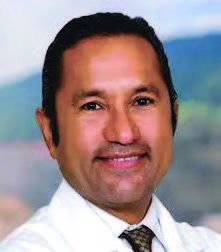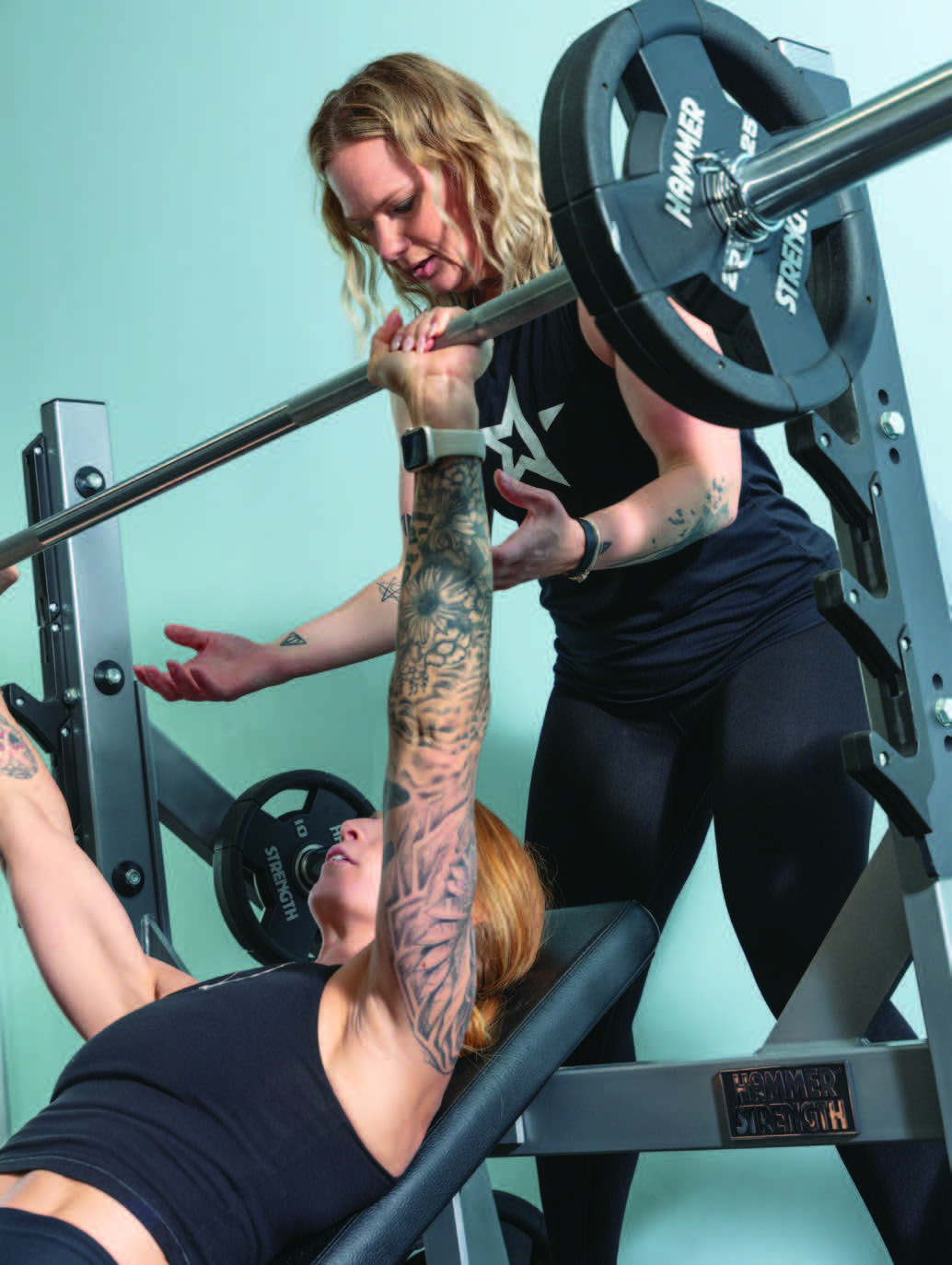For nearly two decades, a bad back kept Sharon Monson on the sidelines. “I missed out on a lot of things,” says the 39-year-old from Wilmington.
Monson had always been active, whether playing bass in a rock band, figure skating or working challenging jobs. But in 2003, she awoke to excruciating back pain, the start of a long struggle with pain that affected nearly every aspect of her life.

Monson had many back problems, including sciatica that sent shock-like sensations down her legs, osteoarthritis and a degenerative spine.
Over the years, she had tried many nonsurgical treatments but could never completely escape her pain. Last summer, she met with Riverside neurosurgeon Juan Jimenez, MD, in hopes of finally finding relief. “Sharon presented with significant back pain and impairments in her activities of daily living, with shooting pain in her legs,” Dr. Jimenez recalls.
Goodbye old disk, hello new one
Imaging tests revealed a badly degenerated L5, S-1 disk at the base of Monson’s lower (lumbar) spine where it meets the sacral spine.
“When a disk is degenerated, you have a bone-on-bone effect,” Dr. Jimenez explains. “Think of it like worn-out brake pads. You have surfaces that shouldn’t be in contact with each other. The result is incapacitating back pain and leg pain.”
Dr. Jimenez had a plan to help. He would replace Monson’s damaged disk with an artificial Centinel Spine disk implant, which replicates the body’s natural movement with its ball-and-socket design. This option allowed her to avoid spinal fusion, which fuses together two or more vertebrae.
“Fusion is not a bad surgery, by any means,” Dr. Jimenez stresses. It can be a good option for some patients, but it can place more strain on nearby disks, which may accelerate their degeneration.
“By preserving movement with the artificial disk and avoiding strain on her other disks, we can decrease the probability of Sharon needing additional surgery,” Dr. Jimenez says. “That’s important for the long-term.”
Not everyone is eligible for an artificial disk, he adds. And it is approved by the Food and Drug Administration to replace only up to two contiguous disks. But it was certainly the best choice for Monson.
“Dr. Jimenez and Riverside listened to me,” she says. “I said I’ve been doing this for years. I’ve done the shots, therapy and medications. This isn’t working. He knew what to do for me.”
Teaming up for success
 Monson’s surgery in December 2021 was a collaboration between Dr. Jimenez and general surgeon Kay Timbers, MD. The type of artificial disk Monson received cannot be implanted from the back. Instead, the team used a frontal (anterior) approach.
Monson’s surgery in December 2021 was a collaboration between Dr. Jimenez and general surgeon Kay Timbers, MD. The type of artificial disk Monson received cannot be implanted from the back. Instead, the team used a frontal (anterior) approach.
“Because we came in at the front, we needed very good access to the spine provided by our vascular and general surgeons at Riverside,” Dr. Jimenez says.
Dr. Timbers created access to the spine, meticulously moving abdominal organs and critical blood vessels aside. Dr. Jimenez then stepped in to remove the old disk and put the new one in. Other team members also played key roles during the surgery.
Dr. Timbers was happy to help. “Any time I can provide a benefit to a patient, it’s gratifying,” she says.
Feeling more like herself again
Monson’s journey inspired her to change careers and become a certified personal trainer.
“A healthy lifestyle improved my situation, but surgery helped me get the rest of the way back to having a normal life,” she says. “I couldn’t thank my medical team more.”
After the surgery and a relatively quick recovery, Monson is enjoying her new life, free of pain and discomfort. She’s even trying new things—from golf to axe-throwing.
** Is pain holding you back? Riverside Orthopedic and Spine Center can help you be pain-free. To request an appointment, call (815) 802-7090, visit our website, or use myRiverside MyChart.